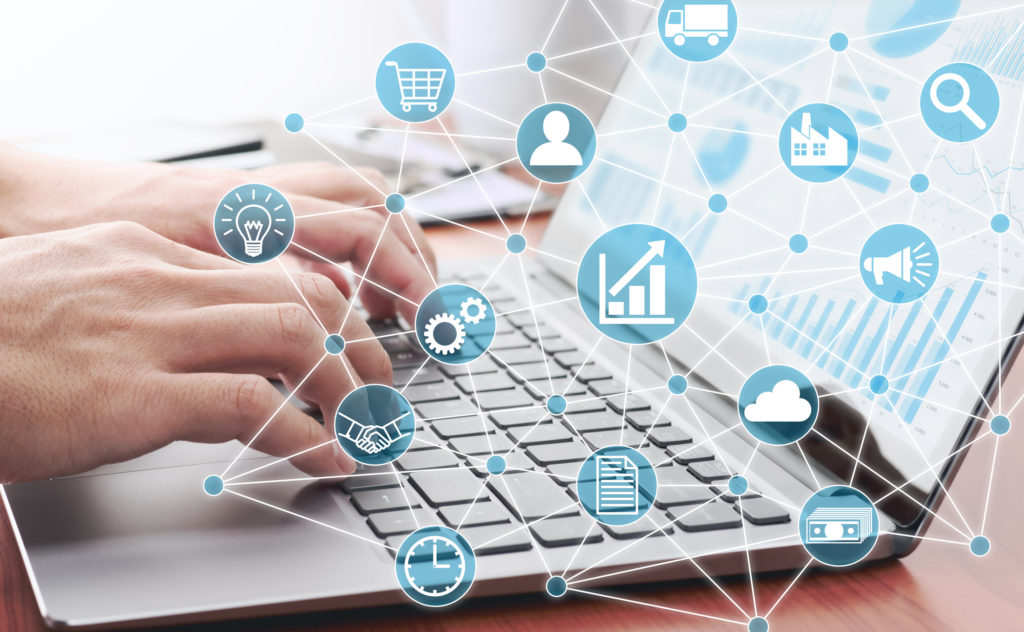What are the Benefits of ERP Systems?

One of the major benefits of enterprise resource planning (ERP) systems is the ability to streamline company operations and activities, especially within companies that have multiple departments.
Managing multiple unique operating systems, each with its own set of requirements, staff, training, and/or licensing, means those systems could be riddled with inconsistencies in data inputs and outputs or contain inaccurate or out-of-date information, leaving a lot of room for human errors and inefficiencies. Within an ERP system, every employee company-wide uses the system in tandem, streamlining and simplifying data entry, manipulation, access, and reporting. Everywhere within the system, the data is entered, accessed, and presented in the same way.
This describes a fantastic benefit of ERP systems in general, but it only touches the surface of how ERP can revolutionize operations, productivity, efficiency, and profitability. Now let’s get specific.
Enhanced Data Visibility, Reporting, and Planning
Complete data visibility is a huge benefit of an ERP system. When inputs and outputs are streamlined that means companies, their departments, and individual staff will benefit from enhanced and improved reporting and planning. Collaborative efforts between departments become faster and easier, as well as decision-making—because everyone is comparing and analyzing information in the same ways across departments.
Modularity and Customization
Most ERP systems are modular. Separate applications make up a basic suite and the modules can stand alone or work with other modules. This means a company is not locked into a one-size-fits-all arrangement. Customization is entirely possible with appropriate module choices that are relevant to the company.
Improved Customer Service
When an ERP system optimizes company functions and operations, that means more time and resources are now available for allocating to customer service.
By improving customer service, that means ERP systems can directly help businesses attract and retain more customers. ERP systems can also support e-commerce activities, creating better, more efficient, and more personalized customer service and transactional experiences.
Mobile Device Accessibility
Most ERP systems are compatible with Windows, Android, and iOS mobile devices, through applications offered by the ERP vendor. Real-time updates are available for key performance indicators, including sales, web traffic, and customer data.
The increasing transfer of ERP systems to cloud computing will accelerate this trend.
Vendor Availability
A large number of vendors are available if you’re looking for ERP systems. With the enormous variety of companies that sell ERP systems, you are almost sure to find vendors to fit your needs.
While the number of vendors might even seem overwhelming, a major benefit is that you won’t have to accept a system that’s not quite good enough. You will have something that is tailored specifically for and to your business needs. And, with such a precise match, you can get back up to speed faster.
If you’re ready to implement or upgrade an ERP, the experts at Decision Resources can help. To learn more about the benefits of implementing an ERP system for your business, be sure to download our free e-book, available here.
Similar Blogs

January Decision Digest

December Decision Digest





